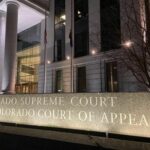COURT CRAWL | Celebrating a new federal judge, state Supreme Court’s latest arguments
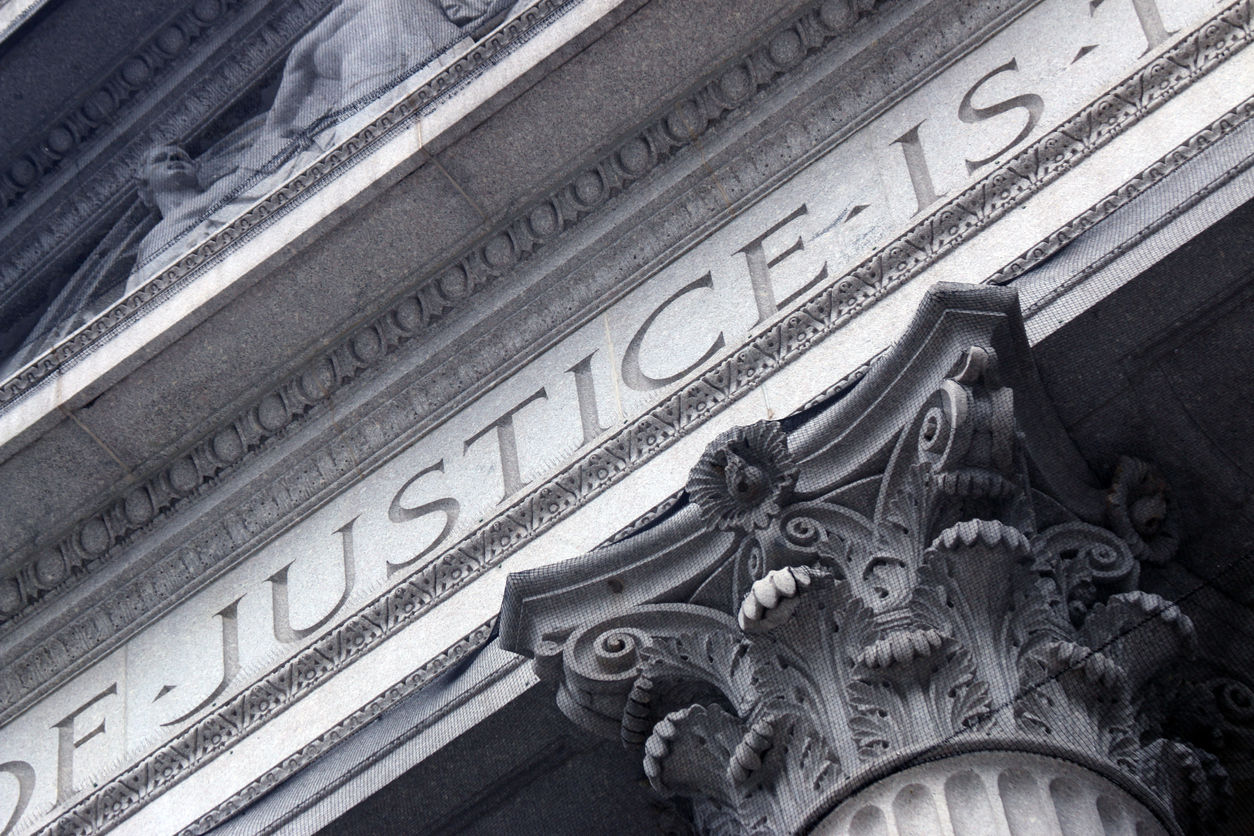
Welcome to Court Crawl, Colorado Politics’ roundup of news from the third branch of government.
Family, friends and colleagues gathered at the federal courthouse in downtown Denver to officially celebrate the appointment of a history-making judge, and the Colorado Supreme Court heard oral arguments in matters criminal, civil and political.
Commemorating a milestone on the district court
? U.S. District Court Judge Charlotte N. Sweeney took office in August, following a narrow 48-46 confirmation vote in the U.S. Senate. On Friday, Sweeney held her ceremonial swearing-in – known as an investiture – in front of well-wishers and other dignitaries, including both of Colorado’s senators and the chief justice of the state Supreme Court.
? “I was not a candidate without risk. What prompted me to apply was really an initial letter the White House sent out seeking candidates from diverse backgrounds,” Sweeney said in her remarks. “I read that and I thought, ‘Yeah, right. We’ll see what happens.'”
? Sweeney, a former workers’ rights attorney, is the first openly gay federal judge to be appointed in Colorado. She paid tribute during her investiture to the other five women who have served on the state’s federal trial court, noting each of them, like her, was a “first” in some capacity. And, in another collective first, 2022 marks the first time the U.S. District Court has three active judges (out of seven) who are women.
? Among the lighter moments of the investiture, Sweeney’s friend, Robbie Barr, praised her sense of humor, predicting the court’s happy hours would get “better and more frequent.”
“I don’t know what the federal district court happy hours have been like in the past,” Barr said.
“We keep that pretty secret,” replied the chief judge, Philip A. Brimmer.
? The next investiture will take place in early December for U.S. District Court Judge Nina Y. Wang, who also won confirmation earlier this year.
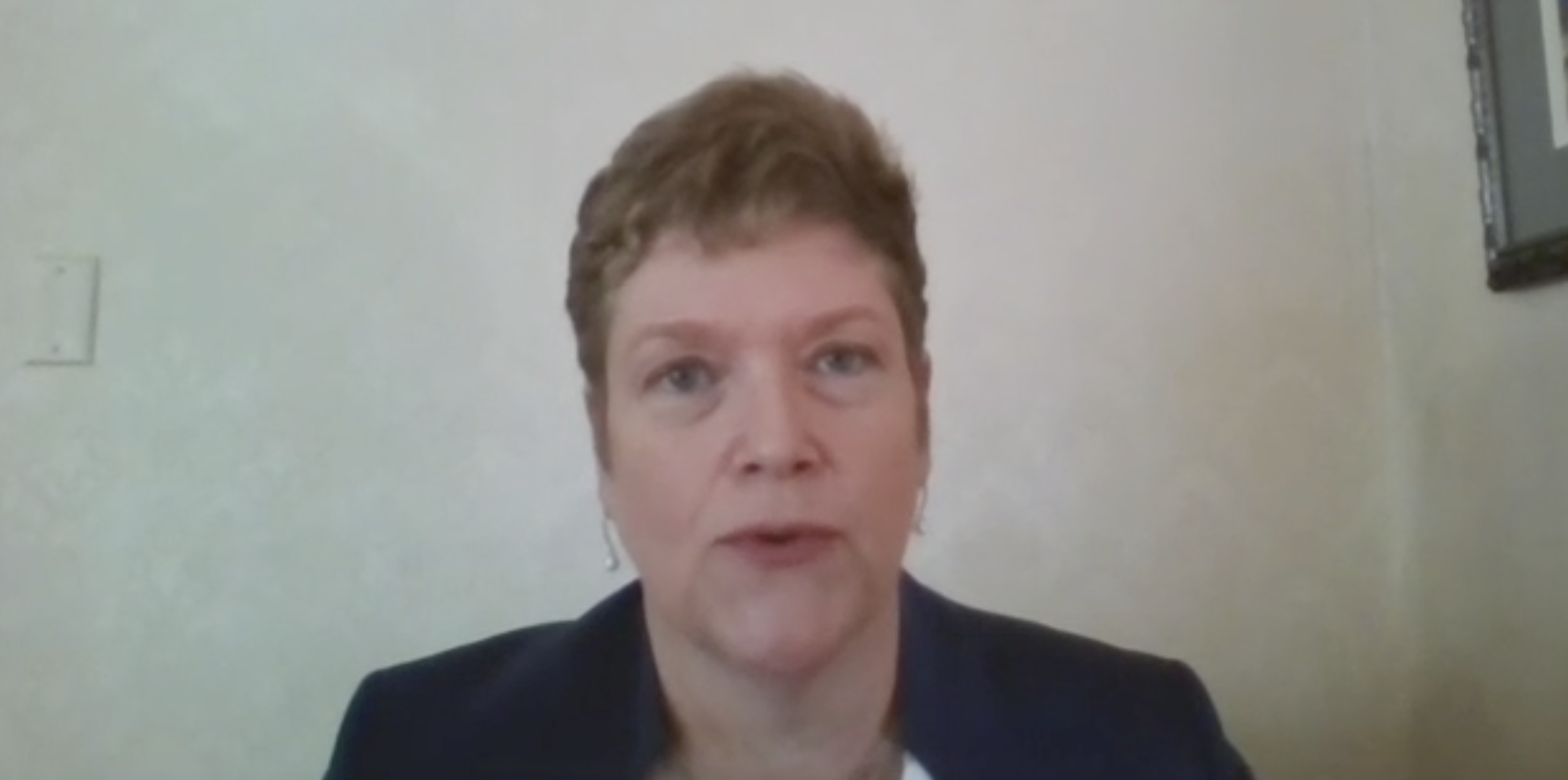
Supreme Court oral arguments
? Lawyers in five cases appeared before the Colorado Supreme Court last week to argue their appeals on a variety of issues. In a familiar topic, the court continues to answer questions from its 2020 decision reinterpreting the state’s felony drunk driving law. The most recent quandary for prosecutors and trial judges: Are juries allowed to hear prejudicial evidence about a defendant’s prior drunk driving convictions at the same time they also hear allegations of the current DUI offense?
? A Jefferson County judge declined to postpone a virtual hearing to terminate a father’s parental rights, even though he was attempting unsuccessfully to log in and participate. Although the Supreme Court justices seemed unconvinced the judge’s actions led to a constitutional violation, some of them questioned what would have been the harm in pausing to figure out how to accommodate the dad.
? Compelling evidence exists that someone else, and not the woman who was convicted, committed a burglary at a Weld County trailer home. The justices recognized there was an inherent unfairness in prohibiting the defendant from calling the alternate suspect as a witness during her jury trial.
? The mayor of Thornton was elected to two terms as a council member before her 2019 election as mayor. But one resident believes the mayor’s service runs afoul of a 1994 constitutional amendment prohibiting more than two consecutive terms “in office” for local officials. The Supreme Court members struggled to understand whether the structure of Thornton’s government meant the mayor and council member positions are actually the same office.
? The public comment period is open for those wishing to weigh in on a proposed rule change addressing racial bias in jury selection. After faltering last year, and then again in the legislature this year, the Supreme Court could decide in 2023 whether to crack down on certain techniques that have the effect of excluding people of color from juries.
? The Supreme Court has accepted two appeals for argument. The issues are: Whether police officers may re-enter a home for some reason after they previously received permission to enter for a different reason, and whether the state’s Court of Appeals correctly interpreted a key system for financing local redevelopment.
An interview with past and present Denver chief judges
? Michael A. Martinez and Christopher J. Baumann, the past and present chief judges, respectively, of the Denver District Court, spoke to Colorado Politics about how their court is different from others across the state, the turnover on the bench in recent years, and the chief judge’s role in judges’ performance evaluations. Here is an excerpt:
Colorado Politics: As chief judges, you’re privy to more information about how trial judges are doing their jobs than the average voter is. Do you think there’s a way, in theory or in practice, to have voters know more of what you know when they’re making decisions whether to retain judges?
Michael Martinez: Chief judges will definitely give the commission enough information for them to use in crafting an assessment of how judges are doing. I always took it as an opportunity to give the commission a view of what it looks like from the bench – what are the circumstances they are dealing with.
For example, at one point we had a staffing shortage where not all judges had law clerks and we were not able to maintain continuity of the staffing. So, I would share that with the commission and help them understand how that would be impactful to individual judges’ ability to perform their functions. So, by doing that, the commission would have that information and go to individual judges and ask them, “How did you manage these particular circumstances,” knowing I had given them that filter.
Christopher Baumann: The work that we’re doing is all public. To the extent people are wondering what we’re doing, we put everything out there either in open court or written orders. I know the average voter is not gonna take the time and effort to look into all that we’re doing, but that’s why we have a commission. We put a lot of faith in our commission members to give us a fair assessment.
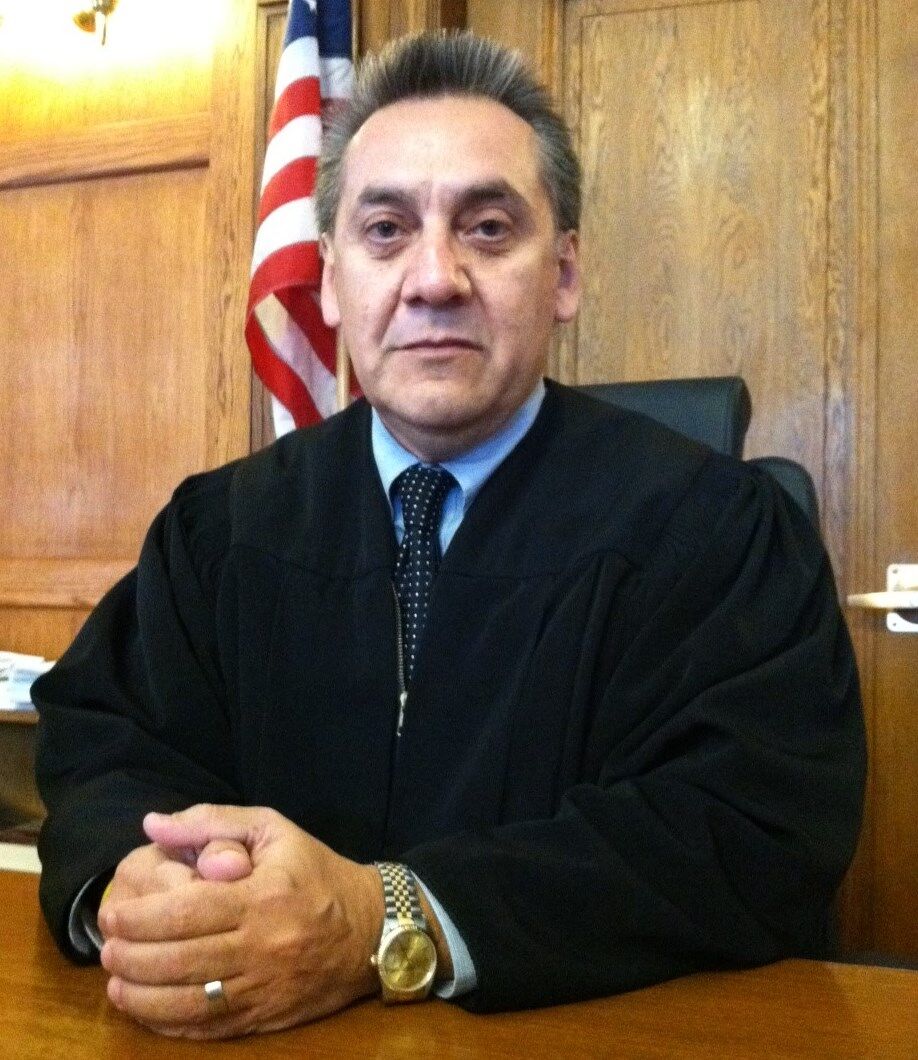
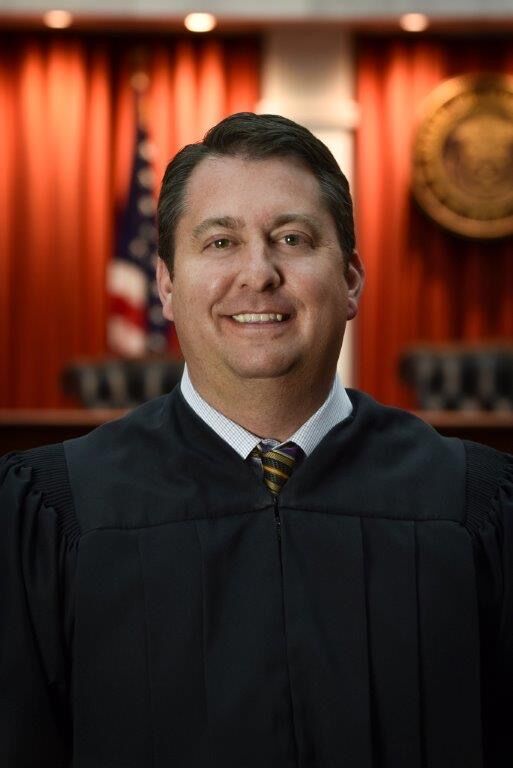
Vacancies and appointments
? The governor appointed Michael P. Halpin to the Custer County Court, succeeding now-District Court Judge Amanda Hunter. Halpin is a law enforcement officer without a legal degree – one of a small number of “lay judges” allowed in certain county courts for smaller jurisdictions.
? Civil litigator Keith M. Goman is also the newest judge for the Jefferson County Court, succeeding retiring Judge K.J. Moore.
? The Sixth Judicial District of Archuleta, La Plata and San Juan counties has an upcoming vacancy due to the resignation of District Court Judge Todd P. Norvell. Applications are due by Dec. 2.
? Kirk Taylor, the former sheriff of Pueblo County, has taken office as the U.S. marshal for Colorado. The Marshals Service dates to 1789 and its responsibilities include protecting the judiciary.
Miscellaneous proceedings
? The U.S. Environmental Protection Agency came to a reasonable conclusion by denying Suncor’s request for an exemption to a renewable fuels program, but its stated rationale was ultimately an abuse of the EPA’s discretion, concluded the U.S. Court of Appeals for the 10th Circuit.
? There are more than a dozen vacancies throughout the state on judicial nominating commissions – the panels that screen candidates for judgeships. Lawyers and nonlawyers can apply to volunteer online.
? The state’s judicial department is holding events in nine locations this week to assist self-represented litigants navigate the legal process. Help is available for the following issues: small claims, estate planning, courtroom procedures, collections and garnishments, sealing cases, guardianship/conservatorship, landlord-tenant disputes, and divorce/custody/child support. Details about the events are listed here.













